Markedly, it's easy to overlook the importance of socializing protection dogs. However, it is one of the most critical elements of having a safe and effective guard dog.
To expound, without proper socialization, a protection dog can be unpredictable and potentially dangerous. Unfortunately, there are many people who don't understand this concept.
Furthermore, these of the types of people (and I've even seen this myth perpetuated among some professional trainers) that will tell you a friendly dog is not suitable for protection work.
Consequently, in this blog post, I will discuss five of these truths so you can understand why it is so important to socialize your protection dog properly.
Let me introduce myself
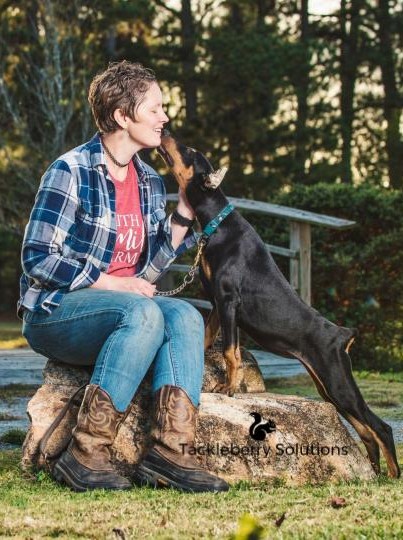
Hello, my name is Amy Arthur. I breed, train, and sell, purebred Doberman Pinscher puppies for service or protection work and as excellent quality family pets. Our dogs are personality tested and certified under Tackleberry Solutions and recommended for specific tasks depending upon their individual score results.
Further reading: How to find the best Doberman Pinschers in America
For the Visual Learner:
1) A protection dog that is not socialized can be afraid of strangers
Firstly, a protection dog that has not been properly socialized can be fearful and wary of strangers. As a result, without proper socialization, a protection dog may not know how to differentiate between a potential threat and someone who is simply approaching them out of curiosity. Consequently, this lack of understanding can lead to aggression, fearfulness, and anxiety when a stranger comes into the vicinity.
Further reading: First-Time Doberman Owner: 3 Overlooked Warnings
Prevention
Further reading: The Hide and Seek Game That Can Save Your Child’s Life
Above all, this will give your canine the confidence they need to be able to handle new situations in the future and not be afraid of them.
Obviously, as you expose your puppy to different environments and people, remember to keep it a positive experience so that they can build the confidence and trust to react in a safe and effective way.
Side note: On the other hand, this is a major reason why extreme caution should be exercised if you're considering a rescue dog for potential protection or even service training. If you do not know what their early years were like, it is harder to determine any emotional triggers they may have developed from possible negative experiences when they were younger.
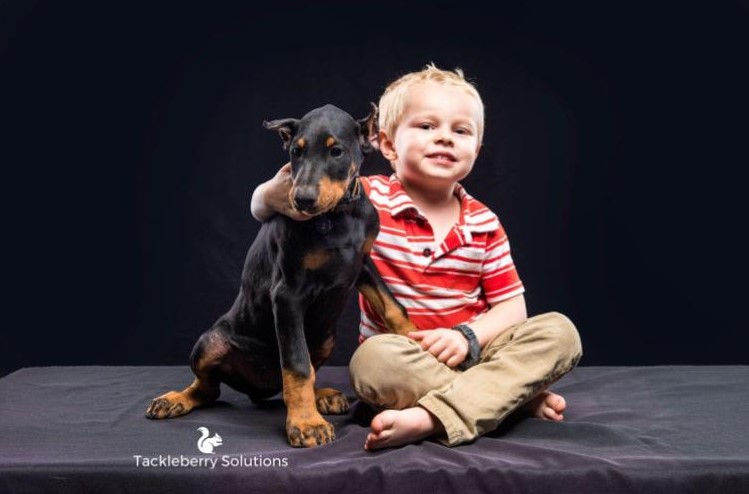
2) Unexpected Benefits of Socializing Your protection Dog
Altogether, socializing a protection dog has many benefits, both for the dog and their owner. Here are some of the most important ones:
3) Fearful aggression Is hard to control
Notably, let me begin with a critical but controversial clarification on this matter. Every dog that is aggressive towards strangers is suffering from a form of fearfulness.
Side note: Keep in mind, while it can be argued by the owner that their particular canine is not afraid, their dog WOULD NOT be reacting in such a manner if it DID NOT fear the potential actions or intent of the new contact (be it animal or human).
Overall, when a canine shows unprovoked or unwarranted aggression towards a visitor (on or off of its territory), then fear is its driving force.
To clarify, think of it this way. A cowardly individual when unnecessarily scared has their own survival first and foremost on their mind. As a result, instinct takes over their thinking almost if not completely. Consequently, the coward is not going to be thinking clearly.
Further reading: Doberman Personality Scores Vital for Specialized Training
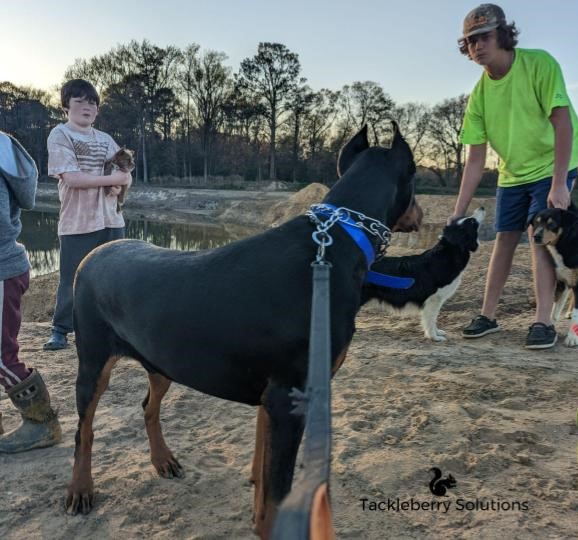
4) The Risks of Not Socializing Protection Dogs
Conversely, not socializing a protection dog (or service dog for that matter) can lead to many risks and problems, both for the dog and their owner. Here are some of the most common risks:
Further Reading: Are Protection Dogs A Liability?
5) Common Myths About Socializing Protection Dogs
There are many myths and misconceptions about socializing protection dogs. Here are some of the most common:
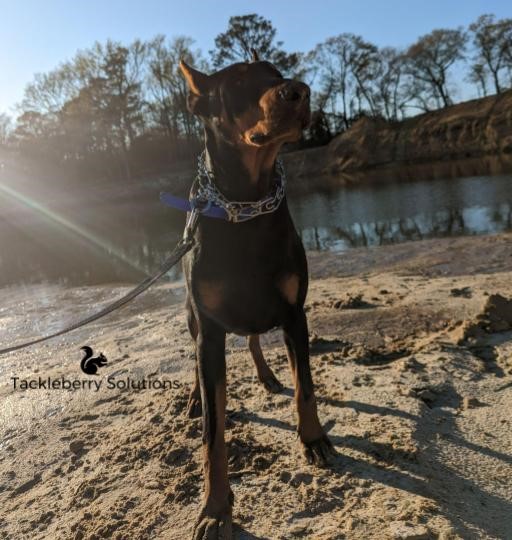
Further Reading: The Worst Alpha Dog Myth Debunked in 8 Minutes
A Quick Recap
To assert, socialization is the process of exposing a dog to different people, animals, environments, and experiences, with the goal of helping them adapt and behave appropriately in different situations.
Moreover, socialization is important for all dogs, but it's especially critical for protection dogs, which have specific jobs to do. Furthermore, dogs that lack proper socialization are more likely to be fearful, anxious, aggressive, or unpredictable, which can make them dangerous to their owners, their families, and even innocent bystanders.
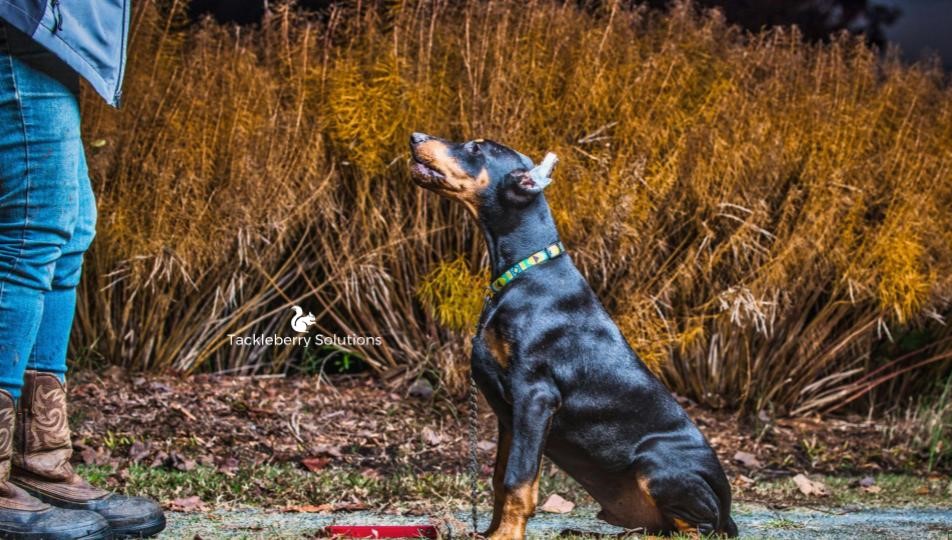
Finally, protection dogs are trained to protect their owners from harm, but they also need to be able to distinguish between real threats and harmless situations. They need to be able to recognize different types of people, animals, and environments, and respond appropriately to each one. As a result, proper socialization helps protection dogs develop the confidence, self-control, and discernment they need to do their job effectively and safely.
Side note: Unfortunately, some people believe that socializing a protection dog will make them less effective as guard dogs. They believe that a protection dog needs to be aggressive, aloof, and unapproachable to be effective. However, this is a dangerous misconception that can lead to serious problems. In reality, a well-socialized protection dog is more reliable, more adaptable, and more effective than an unsocialized or poorly socialized one.
Further Reading: What is the best breed for personal protection?
Please Leave a comment!
Thank you for reading my article. Do you agree or disagree with what I've written? Please leave a comment below sharing your thoughts. Your input will help future readers decide.
Financing Available
References:
There are no references for this post. All information is based on the author's research and personal experience.
Disclaimer: This article is written as an opinion piece only and is not to be taken as fact, legal or medical advice. Your results are in no way guaranteed and will depend on several factors including your willingness to plan ahead, study and train.

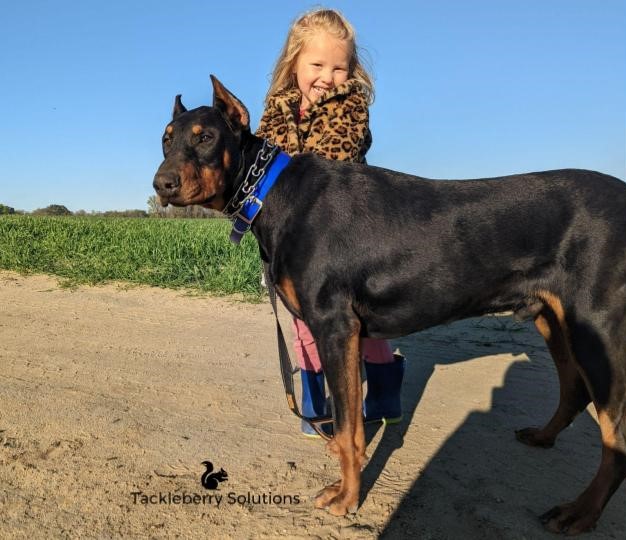
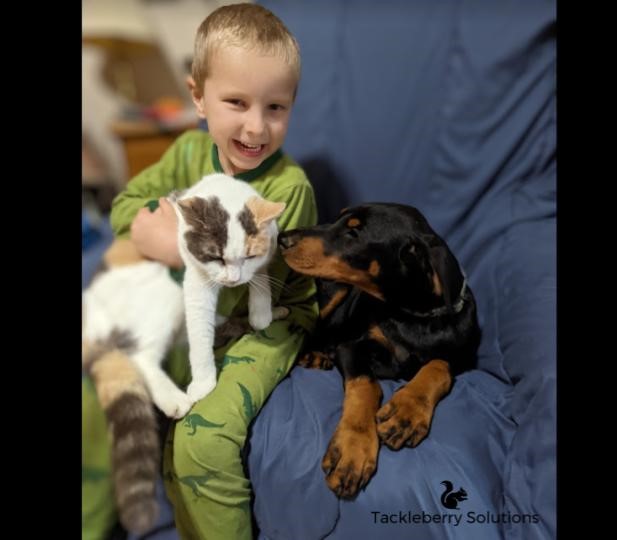
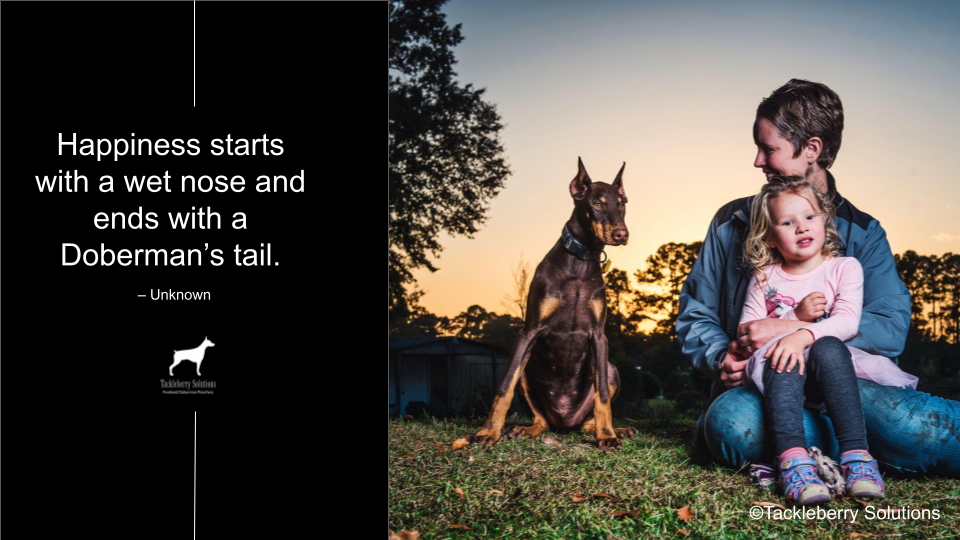

I found the content to be most helpful in my situation. I have a 14 month old GSD and she is such a love bug! I was worried about introducing her to so many people because she sees everyone as a buddy! We have been in training now for about 6 months. So far I think she’s doing well, just curious about how much socialization was helpful. Thank you for your insight.
Every trainer is going to give you a different answer. While some will say that an over-socialized dog is detrimental for protection or guard work. I contend that the more confident a dog is, the more effective that they are. This is because fear limits the ability to think clearly. Which is why you should never teach a timid dog protection work. As a result, it is my opinion, there is no such thing as too much socialization. Taking your dog out to experience new things and meet new people on a regular basis helps it build up its confidence. Great comment. Thank you for sharing.